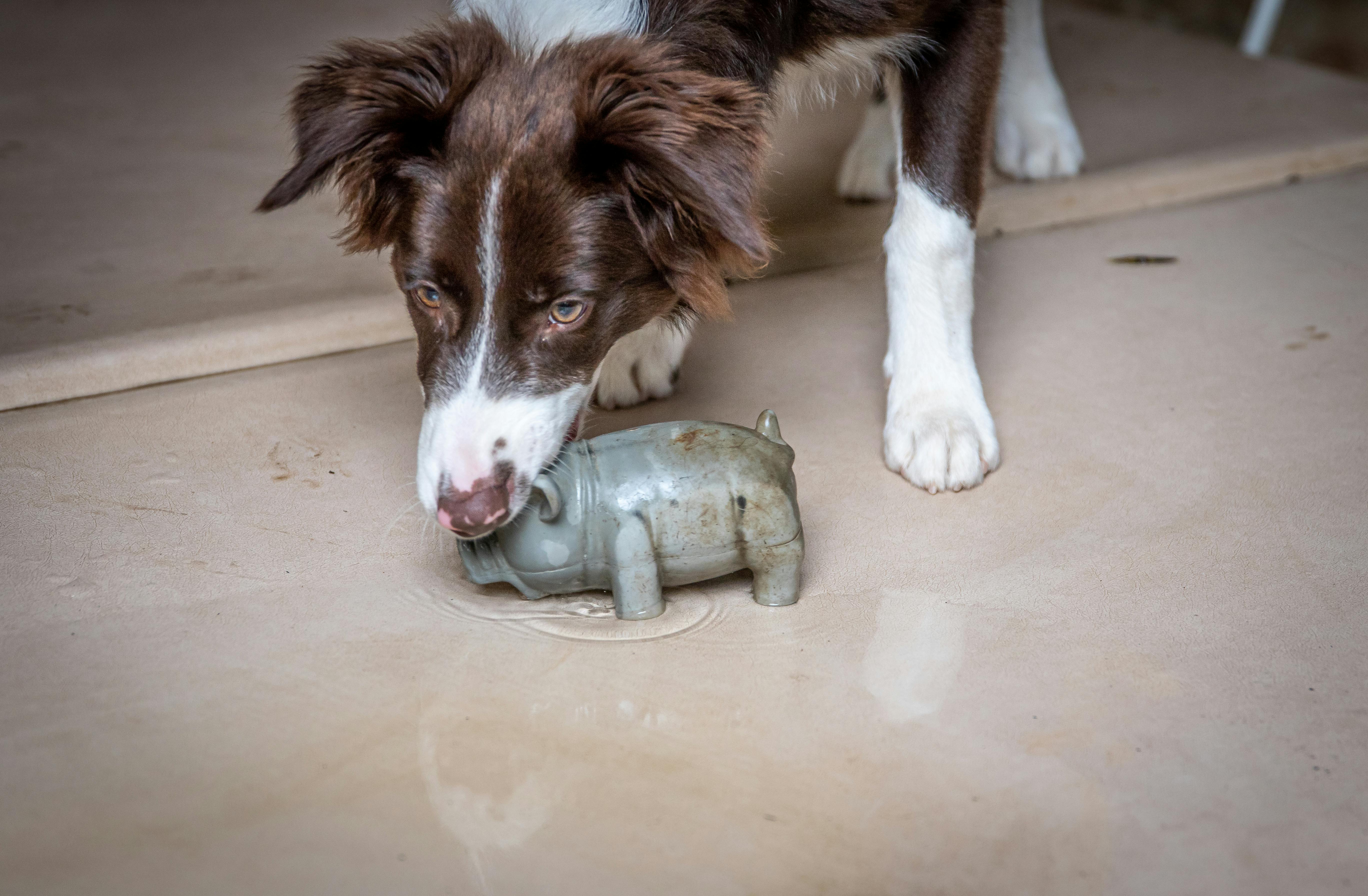The Collie is a wonderful family dog. They come in two varieties, smooth-coated and rough-coated. They are generally good with children and other animals and love their adoptive family. The most famous Collie is Lassie. They may not be suitable for an apartment as they need space to exercise. A properly fenced yard would be ideal.
Approximate adult size
The approximate adult size (two years and older) of the male Collie is 24 to 26 inches at the withers (highest point of the shoulder) and 60 to 75 pounds. The female is 22 to 24 inches at the withers and 50 to 65 pounds.
Special health considerations
Most dog breeds have certain inherited health problems associated with that specific breed and the Collie is no exception. Watch for progressive retinal atrophy (inherited retinal disease that can cause vision loss and blindness), canine hip dysplasia (genetic looseness in the hip joint that can lead to arthritic pain and lameness), and They may be drug sensitive.
This list of diseases is an informational guide only. Other diseases can also be significant threats, contact your veterinarian for a complete list.
You should visit the vet several times during the first year for shots, boosters, and checkups. Then, as an adult, he should visit the vet annually for shots and checkups. As he grows older, from the age of six, he should visit the vet twice a year for checkups and vaccinations. Remember; Avoid giving your dog candy.
Cleanliness
The Collie comes in two varieties, smooth and rough. In general, the outer layer is rough to the touch and straight. The undercoat is soft and dense. She is prone to shedding and should be brushed regularly. Brushing will help her maintain a clean, healthy coat, prevent matting, and help you keep a closer eye on her health and strengthen your emotional bond with her.
Their teeth should be brushed at least twice a week with toothpaste and a toothbrush designed for dogs. Brushing removes plaque and tartar buildup that can cause tooth decay (rarely) and periodontal disease. Dog periodontal disease can lead to pain, tooth loss, bad breath, and other serious illnesses.
Your toenails may need to be checked for growth and cut regularly. Back toenails grow more slowly than front toenails. Generally, a guillotine-style trimmer is best for this task, and competent instructions for accomplishing this can be found online.
Life expectancy
The Collie can live between 12 and 14 years with proper nutrition, medical care and excellent living conditions.
History
The Collie comes from the Scottish Lowlands as a herding dog. They were first registered by the American Kennel Association in 1885.
some records
- Collie Club of America
- United Kennel Club UKC
- NKC National Kennel Club
- Continental Kennel Club CKC
- APRI Americas Pet Registry Inc.
- American Kennel Club AKC
- FCI International Cinological Federation
- NZKC New Zealand Kennel Club
- KCGB Kennel Club of Great Britain
- ANKC Australian National Kennel Club
- American Canine Registry ACR
litter size
6 to 10 collie puppies
Category
Grazing.
terms to describe
Intelligent, Noble, Kind, Sensitive, Loyal, Easily Trained, Playful, Gentle, Friendly
SPECIAL GOOD POINTS
- Good watchdog.
- Easy to tame.
- very obedient
- Very smart.
- He can be protective of children.
- A high desire to please.
- Easy to train.
SPECIAL BAD POINTS
- Poor guard dog.
- Tends to throw
- It can suffer in hot climates.
- The nose can get sunburned.
- Pups may nip at heels, reverting to herding instinct.
- It may be a barker.
- A heavy shed.
- He does not have a strong fighting disposition.
Other names known by
Scottish Collie, Lassie Dog, Scottish Collie
Every dog is an individual, so not all of this information may be correct for your dog. This information is a good faith guide only.



